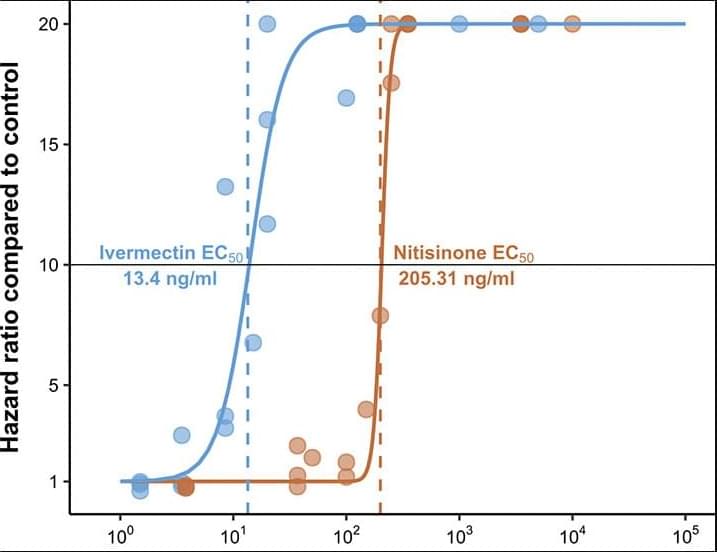New research shows that moral conviction speeds up political decision-making and activates emotional and cognitive brain regions—especially in people with lower self-awareness about their own judgment accuracy.
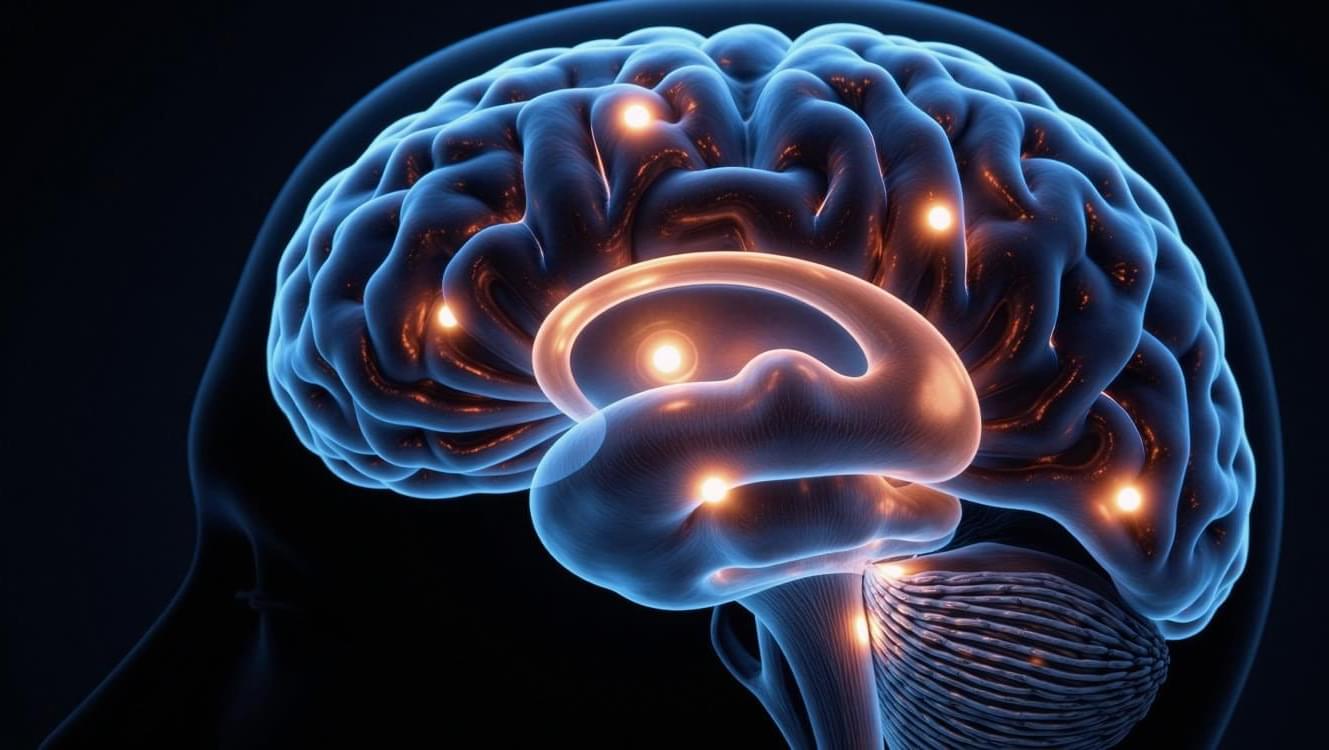

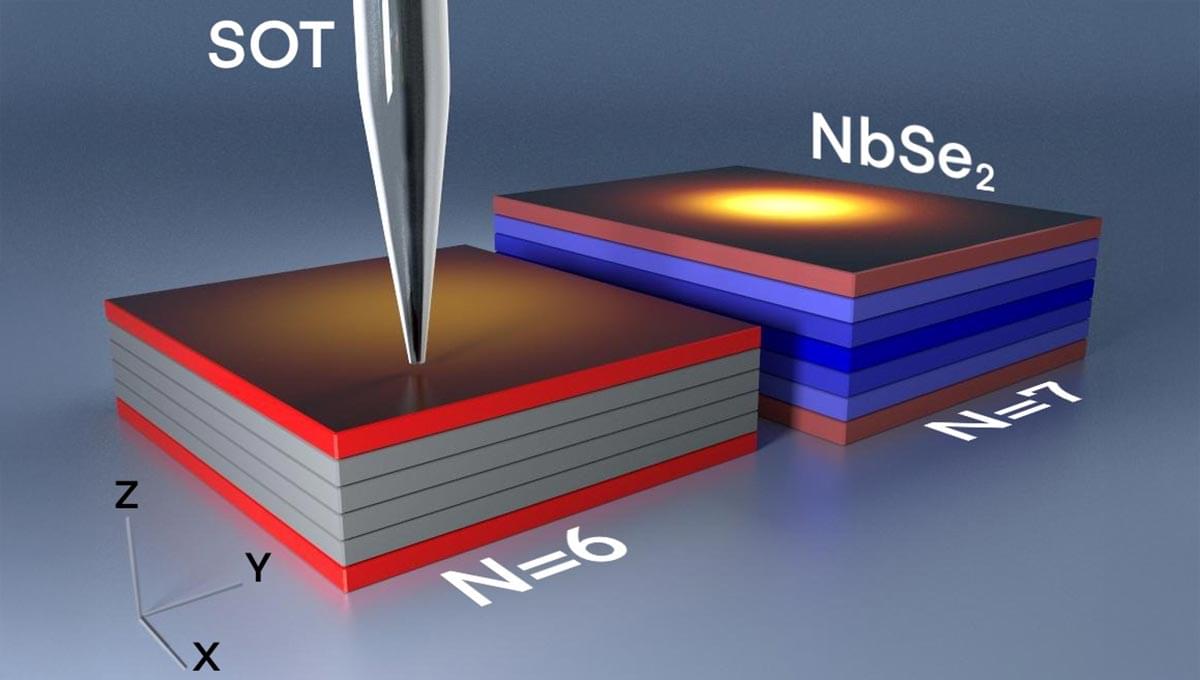

More than 150 million metric tons of propylene are produced annually, making it one of the most widespread chemicals used in the chemical industry.
Propylene is the basis for polypropylene, a polymer used in everything from medical devices to packaging to household goods. But most propylene is produced through steam cracking, a high-energy process that uses heat to break down crude oil into smaller hydrocarbons.
Now, Northwestern University chemists have found a way to create propylene using light. Their findings show that a nanoengineered photoactive catalyst can make propylene directly through a process called nonoxidative propane dehydrogenation (PDH).

Can we really trust AI to make better decisions than humans? A new study says … not always. Researchers have discovered that OpenAI’s ChatGPT, one of the most advanced and popular AI models, makes the same kinds of decision-making mistakes as humans in some situations—showing biases like overconfidence of hot-hand (gambler’s) fallacy—yet acting inhuman in others (e.g., not suffering from base-rate neglect or sunk cost fallacies).
Published in the Manufacturing & Service Operations Management journal, the study reveals that ChatGPT doesn’t just crunch numbers—it “thinks” in ways eerily similar to humans, including mental shortcuts and blind spots. These biases remain rather stable across different business situations but may change as AI evolves from one version to the next.
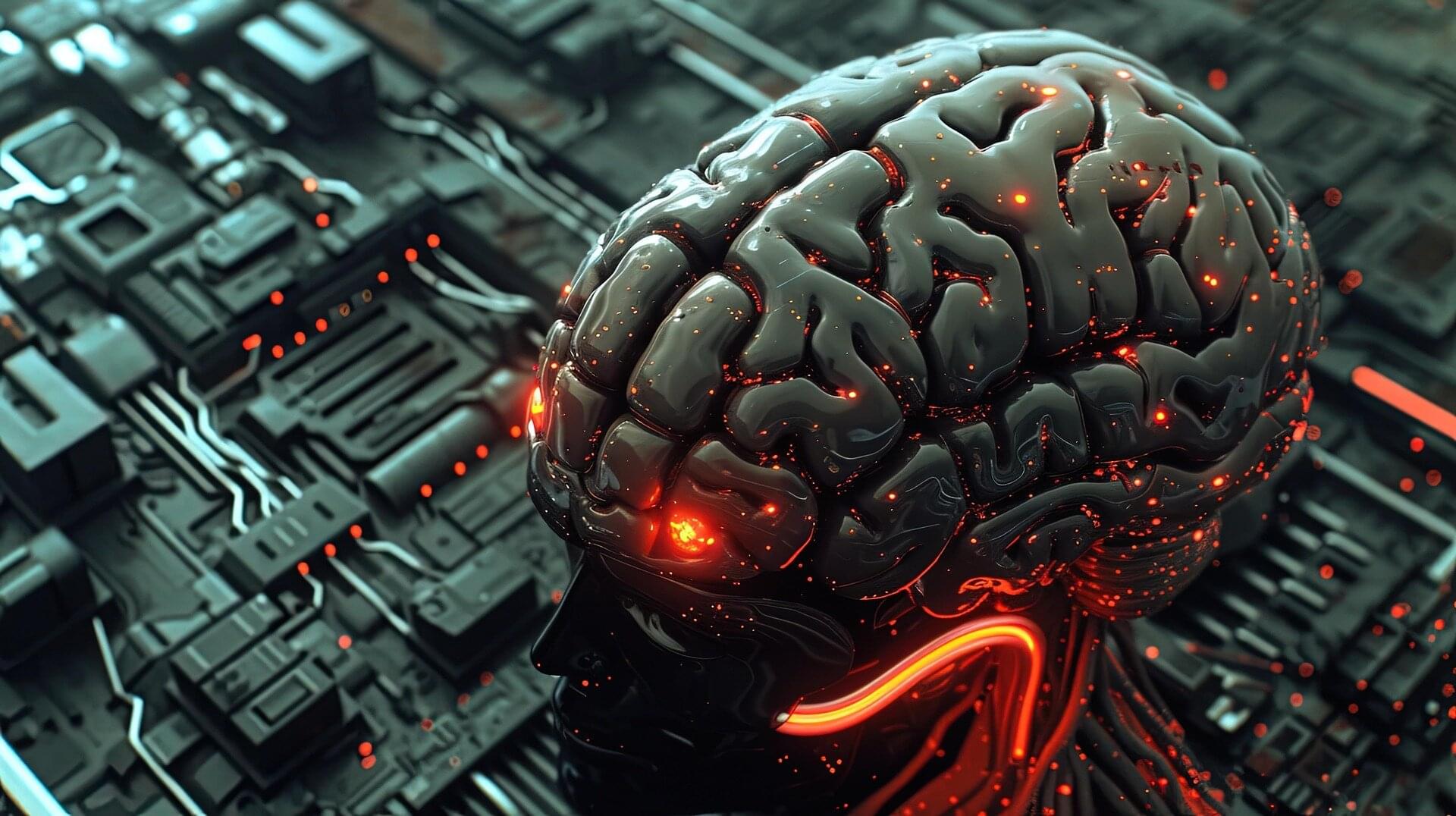
How do neural networks work? It’s a question that can confuse novices and experts alike. A team from MIT’s Computer Science and Artificial Intelligence Lab (CSAIL) says that understanding these representations, as well as how they inform the ways that neural networks learn from data, is crucial for improving the interpretability, efficiency, and generalizability of deep learning models.
With that mind, the CSAIL researchers have developed a new framework for understanding how representations form in neural networks. Their Canonical Representation Hypothesis (CRH) posits that, during training, neural networks inherently align their latent representations, weights, and neuron gradients within each layer. This alignment implies that neural networks naturally learn compact representations based on the degree and modes of deviation from the CRH.
Senior author Tomaso Poggio says that, by understanding and leveraging this alignment, engineers can potentially design networks that are more efficient and easier to understand. The research is posted to the arXiv preprint server.
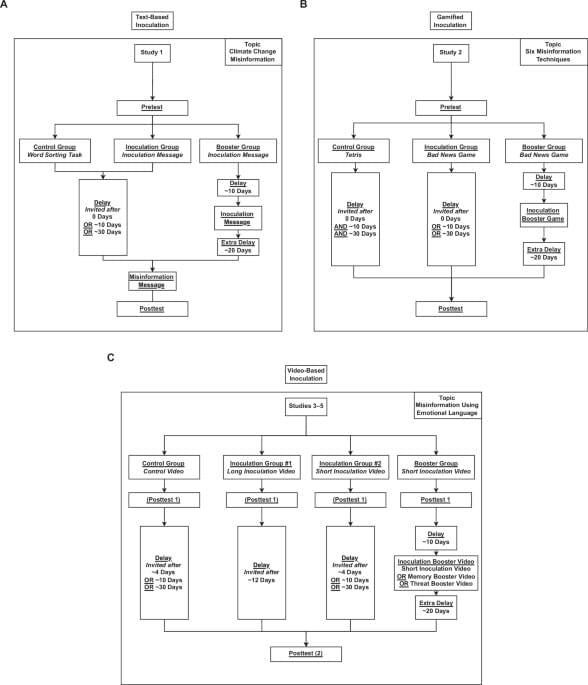
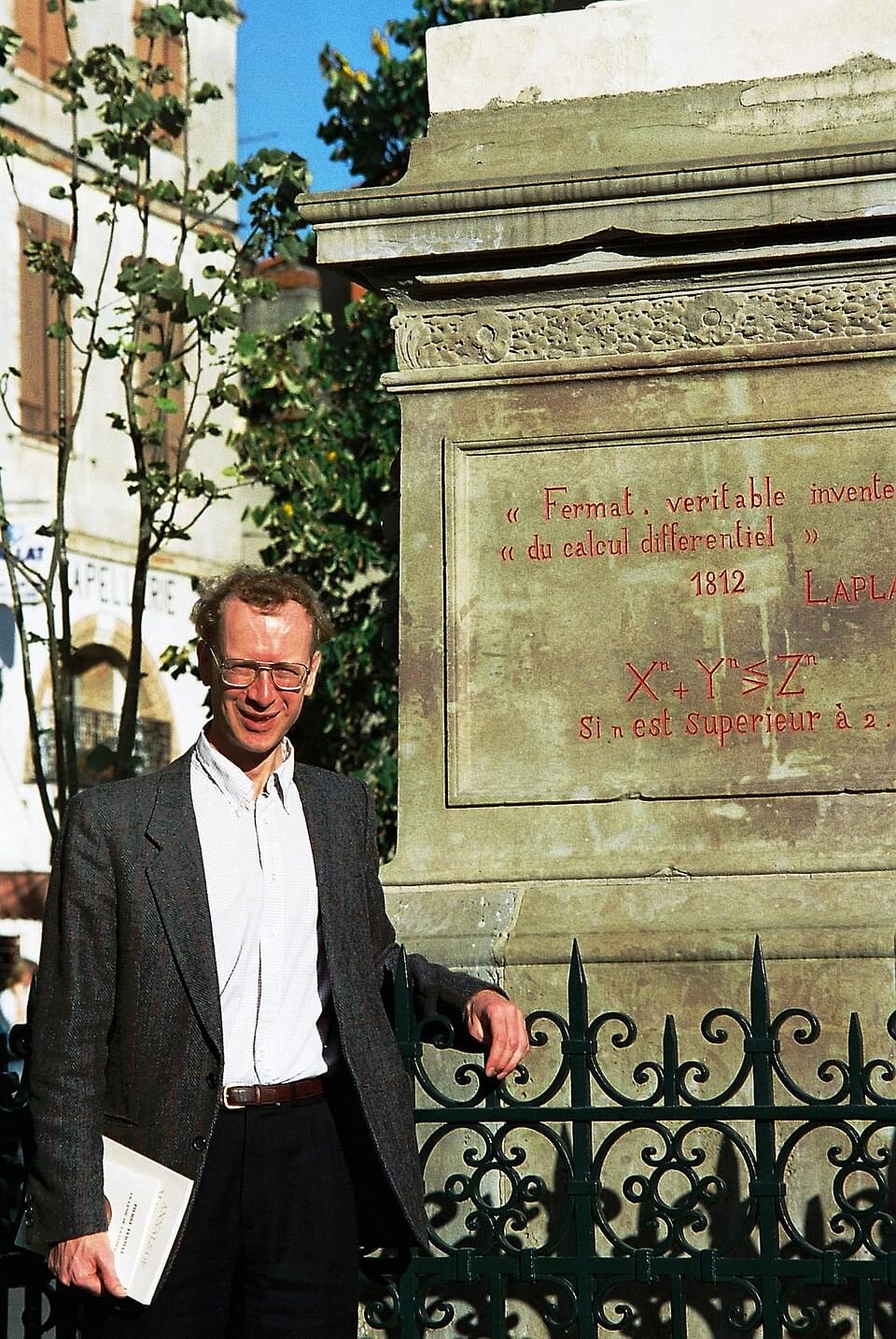
Perhaps I could best describe my experience of doing mathematics in terms of entering a dark mansion. One goes into the first room, and it’s dark, completely dark. One stumbles around bumping into the furniture, and gradually, you learn where each piece of furniture is, and finally, after six months or so, you find the light switch. You turn it on, and suddenly, it’s all illuminated. You can see exactly where you were.
Add a note Draw a rectangle onto the image above (press the left mouse button, then drag and release). This file has annotations. Move the mouse pointer over the image to see them. To edit the notes, visit page X. Why do you want to remove this note?
Save Help about image annotations ![]()
![]() To modify annotations, your browser needs to have the XMLHttpRequest object. Your browser does not have this object or does not allow it to be used (in Internet Explorer, it may be in a switched off ActiveX component), and thus you cannot modify annotations. We’re sorry for the inconvenience.
To modify annotations, your browser needs to have the XMLHttpRequest object. Your browser does not have this object or does not allow it to be used (in Internet Explorer, it may be in a switched off ActiveX component), and thus you cannot modify annotations. We’re sorry for the inconvenience.

(https://twitter.com/WilliamShatner/status/1907056808730235247)
We’ve detected that JavaScript is disabled in this browser. Please enable JavaScript or switch to a supported browser to continue using x.com. You can see a list of supported browsers in our Help Center.
Terms of Service Privacy Policy Cookie Policy Imprint Ads info © 2025 X Corp.
